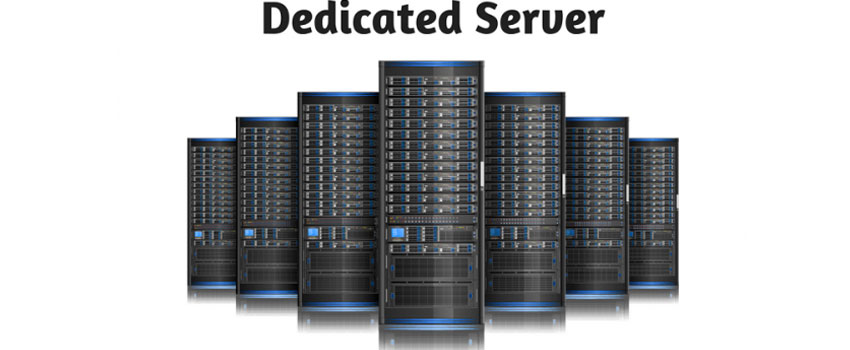Running a business often requires a ton of data input and output. As a result, people often wonder what storage solutions are available to them. Well, there’s a wide variety of storage solutions. From small, inexpensive spinning disks to the fasted solid-state drives that can store and handle terabytes of data.
If data storage, archiving and data on-demand are imperative for your business, then you need a solution that works. Whether it’s on-site or offsite depends on your preferences.
In this article, we’ll take a quick look at the pros and cons of both, thus providing you with the appropriate information so you can make an informed decision.
Pros and Cons of Offsite Data Storage
Trusting another entity to take care of your highly sensitive and valuable data is a scary idea for any business. But, this is exactly what cloud storage asks you to do. But it does have some considerable benefits.
Low Upfront Cost
This is one of the best perks of offsite data. A third party like ServerMania usually a server company already has the equipment. All you have to do is pay to use the equipment.
This automatically eliminates the pretty significant costs associated with setting up your own server. This low upfront cost is very attractive to many small businesses.
Pay as You Go
How much space do you need now? That’s all you have to pay for. 4d-dc.com provides them with a low-cost option that only allows them to use up only as much space as they need.
Encourages Remote Working
Because connecting to this server usually requires internet access, using offsite servers can encourage remote working. This can further eliminate the overhead and running costs that come with keeping an office space.
This makes it great for businesses that can function without needing a physical location –software development for example.
All they have to do is connect remotely to the server. And once their work is done, backups and recently updated files are automatically backed up in the cloud.
Possible Third Party Access
While the pros seem attractive, there are the unspoken cons that have to do with third party access. All it takes to access your data, files and information is a hack attack on your cloud server. So, hackers don’t even have to know where you are.
They only need to know where your information is. Unfortunately, even with the best security, some of these cloud storage firms have been known to fall prey to repeat and relentless hack attacks.
Server Downtime Means No Access to Your Data
If the offsite data storage server is down, the chances of you getting and using your data are zero. This means if you have a deadline, and all your files are in the cloud, you won’t be able to access them when you log on.
Server storage downtimes on offsite facilities can be caused by anything, including DDoS attacks –even huge companies like Amazon and Microsoft suffer the occasional attacks.
Pros and Cons of Onsite Storage Server
Having your own server onsite or in a location you own has its many perks. For starters,
Control is Easier
With your own controlled and managed server, you can actually control your server. And because they’re just for your company, these servers aren’t as big a target as those hosted by known cloud companies.
So, you can control data inflow and outflow, monitor user access, and much more. This means that your data is more secure in-house and less prone to known vulnerabilities. If you have a lot of sensitive data and information, you need your own data storage server.
Customizable to Your Needs
The good thing about this is the flexibility it offers you in terms of customization. You can do as little as 100GB or as much as 100TB –more if you prefer. The point is you can set up servers that can handle your data without any glitches or problems.
That’s a unique advantage if you do a lot of work that requires considerable data storage –video creation and rendering, simulations and gaming come to mind.
Doesn’t Require Internet Connectivity
While this means that users or employees won’t be able to access it remotely, the truth is that it improves your security. Users will only be able to access it when they are onsite at the office. This creates a buffer/layer of extra security.
Good for Companies Not Worried About Uptime
If you don’t have a need to be consistently online in your business, or just need a data server to keep your information on, this is great. So, backups can be done at certain periods during the day –say at the close of work.
Significant Upfront Costs
This is not without its downsides. It usually costs a lot more upfront, and during the course of its usage. Some of these extra costs include the cost of space on the site, and in-house IT support staff. You don’t necessarily need this, but they can come in handy.


